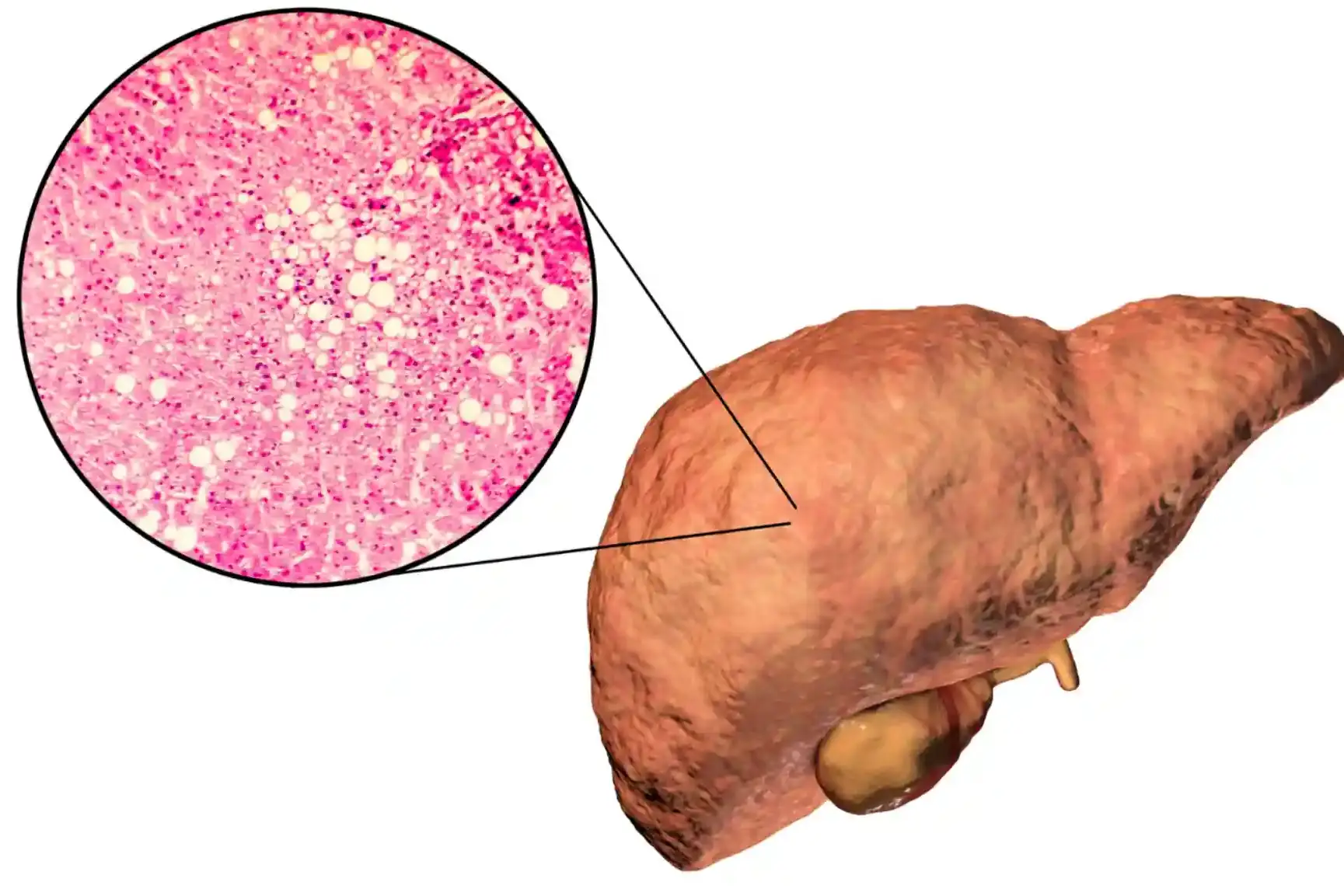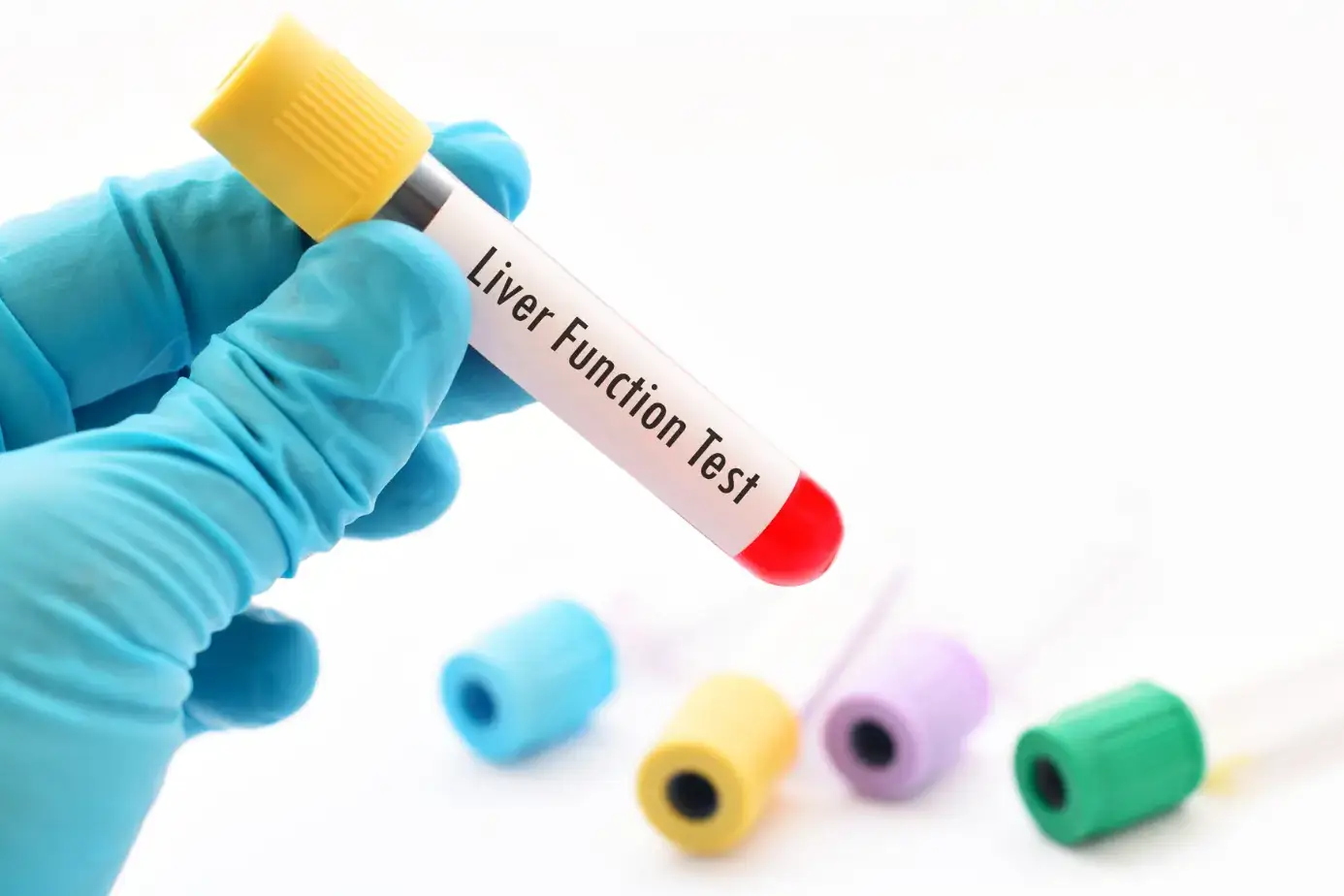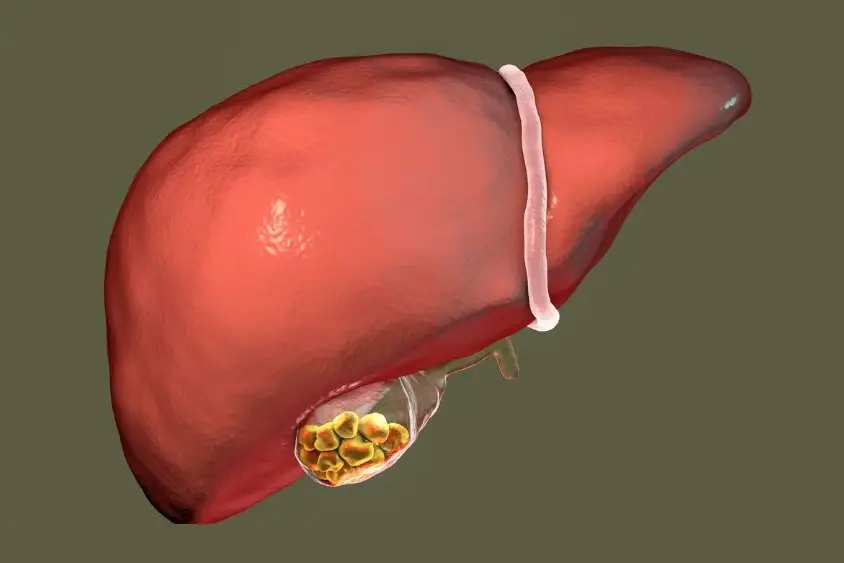Introduction
One of the most disturbing situations is when you’re sick and find blood in your vomit or stool; this is known as gastrointestinal Bleeding. If left undiagnosed or untreated, this can even lead to anaemia, shock and even death in extreme circumstances. The range of seriousness can range from swallowing nosebleeds to ulcers in the G.I. tract.
Table of Contents
ToggleMany reasons in adolescents can cause gastrointestinal Bleeding. With a documented case rate of 6.4 percent among adolescents, this is one of the most common problems they experience. There have been several cases of teenage gastrointestinal problems reported in the past five years. Gastrointestinal Bleeding can occur at any part from the mouth to the anus.
However, the Mortality rate of Gastrointestinal Bleeding is low. There have been tremendous improvements in diagnosis and Gastrointestinal bleeding treatment.
Symptoms of Gastrointestinal Bleeding
The lower Gastrointestinal tract comprises the anus, colon, and rectum and the upper tract includes the oesophagus, stomach, and duodenum. The symptoms of both can be similar; in terms of location, upper G.I. bleeds can turn out to be more serious.
The primary symptoms are listed below; if your Adolescent child is having any of the following symptoms, consult a doctor.:-
- Abdominal cramping
- Bright red vomit
- Dark brown or black vomit that looks like coffee grounds
- Diarrhoea
- Fatigue
- Paleness, which can suggest iron-deficiency anaemia
- Shortness of breath
- Stools that are red, black, dark brown, or tar-like inconsistency
Following are some more severe symptoms that need instant attention:-
- Being inconsolable
- Bleeding from the mouth or anus that won’t stop
- Fever higher than 100.4 degrees Fahrenheit
- Dehydration causes a dry mouth, increased thirst, weeping without tears, and decreased urine output (not going for hours or having fewer than six wet diapers in a day)
- Dizziness or lightheadedness
- Unresponsiveness or extreme lethargy
Causes of gastrointestinal Bleeding
Bleeding can occur in either the upper or lower G.I. tract; both have several causes for G.I. bleeding.
Gastrointestinal bleeding causes are listed below:-
- Causes of Upper Gastrointestinal Bleeding
- Peptic ulcers are one of the most common reasons for upper G.I. bleeding. Peptic ulcers are sores that occur on the stomach’s inner lining and even on the upper portion of the small intestine. Damage to the stomach’s internal lining due to excessive acid or external sources is the leading cause of peptic ulcers. This can lead to Bleeding in the stomach.
- Tears around the inner lining of the oesophagus. This condition is known as Mallory-Weiss tears; these can lead to excessive Bleeding and can even be fatal in some cases. Consuming excessive alcohol can also lead to the same in some cases.
- oesophagal varices, this is a case when the veins in the oesophagus get enlarged. This usually happens to people with severe liver disease.
- Esophagitis. This is when the oesophagus inflammation occurs, usually caused by gastroesophageal reflux disease (GERD).
- Causes of Lower Gastrointestinal Bleeding
- Diverticular disease. This occurs when small bulging pouches spawn in the digestive tract. If the pouches get inflamed or infected, it’s called diverticulitis.
- Inflammatory bowel disease (IBD) is a type of bowel disease that (IBD). This includes ulcerative colitis, which causes inflammation and ulcers in the colon and rectum, as well as Crohn’s disease, which affects the lining of the digestive tract.
- Cancerous and non-cancerous tumours of the oesophagus, stomach, colon or rectum can weaken the digestive tract lining and cause bleeding.
- Small clumps of cells that spawn on the lining of the colon and can cause bleeding. Most are harmless, but some might be cancerous or can become cancerous if not removed in time. These are known as colon polyps.
- When the veins in your anus or lower rectum swell, it also causes blood and is known as haemorrhoids.
- When there are small tears in the lining of the anus, blood occurs. This case is known as Anal fissures.
- Inflammation in the inner lining of the rectum can also cause rectal Bleeding.
Preventions for Gastrointestinal Bleeding
There are a few steps to help prevent G.I. bleeding that is listed below:-
- Limit your use of nonsteroidal anti-inflammatory drugs.
- Limit your use of alcohol.
- Quit smoking.
- If you have GERD, follow your doctor’s instructions for treating it.
Treatments for G.I. Bleeding
G.I. bleeding usually
stops on its own. If not, the treatment depends on the spot and the cause of the bleed. In some severe cases, medications or preventive measures to stop bleeding are taken while the tests are done. For example, it is sometimes possible to treat a bleeding peptic ulcer during an upper endoscopy or remove polyps during a colonoscopy.
In the case of an upper G.I. bleed, an IV drug known as a proton pump inhibitor (PPI) can suppress stomach acid production, which helps control the situation, lending us some extra time. Once the source is determined, then the doctor decides the further procedure and whether the proton pump inhibitor should be continued or not.
By observing the amount of Bleeding that has occurred or is occurring, it is decided whether fluids should be transferred through IV or not; in some cases, even blood transfusion is needed. If the patient uses blood-thinning medications, including aspirin or nonsteroidal anti-inflammatory medications/ She should stop it right away.
Some of the treatments and facts about treatments are given below:-
- There are no home remedies for Heavy Gastrointestinal bleeding; rush to a doctor immediately if excessive bleeding occurs.
- Haemorrhoids or ana fissures can be treated by giving the patient a high in fibre diet with fluids to keep stools soft, which may turn out to be helpful, and using stool softeners but only if need be. If they do not recover from this, they may need surgery for their removal.
- Severe gastrointestinal Bleeding can even lead to destabilization of the vital signs of a patient. The patient’s blood pressure has a chance of falling sharply, and their heart rate may also increase due to the same. The doctor might have to renew the patient using IV fluids and even blood transfusion in some cases.
- In case of an upper G.I. bleeding, such as Bleeding from the stomach, the patient might be suggested by the doctor to use IV proton pump inhibitors (PPIs) to control the effect of acid.
A person should rush to the Hospital’s EMERGENCY department in case of heavy G.I. bleeding and not make any delay as it may even turn out to be a matter of life and death.
About The Author

Medically reviewed by Dr. Nivedita Pandey, MD, DM (Gastroenterology)
Dr. Nivedita Pandey is a U.S.-trained gastroenterologist and hepatologist with extensive experience in diagnosing and treating liver diseases and gastrointestinal disorders. She specializes in liver enzyme abnormalities, fatty liver disease, hepatitis, cirrhosis, and digestive health.
All content is reviewed for medical accuracy and aligned with current clinical guidelines.





